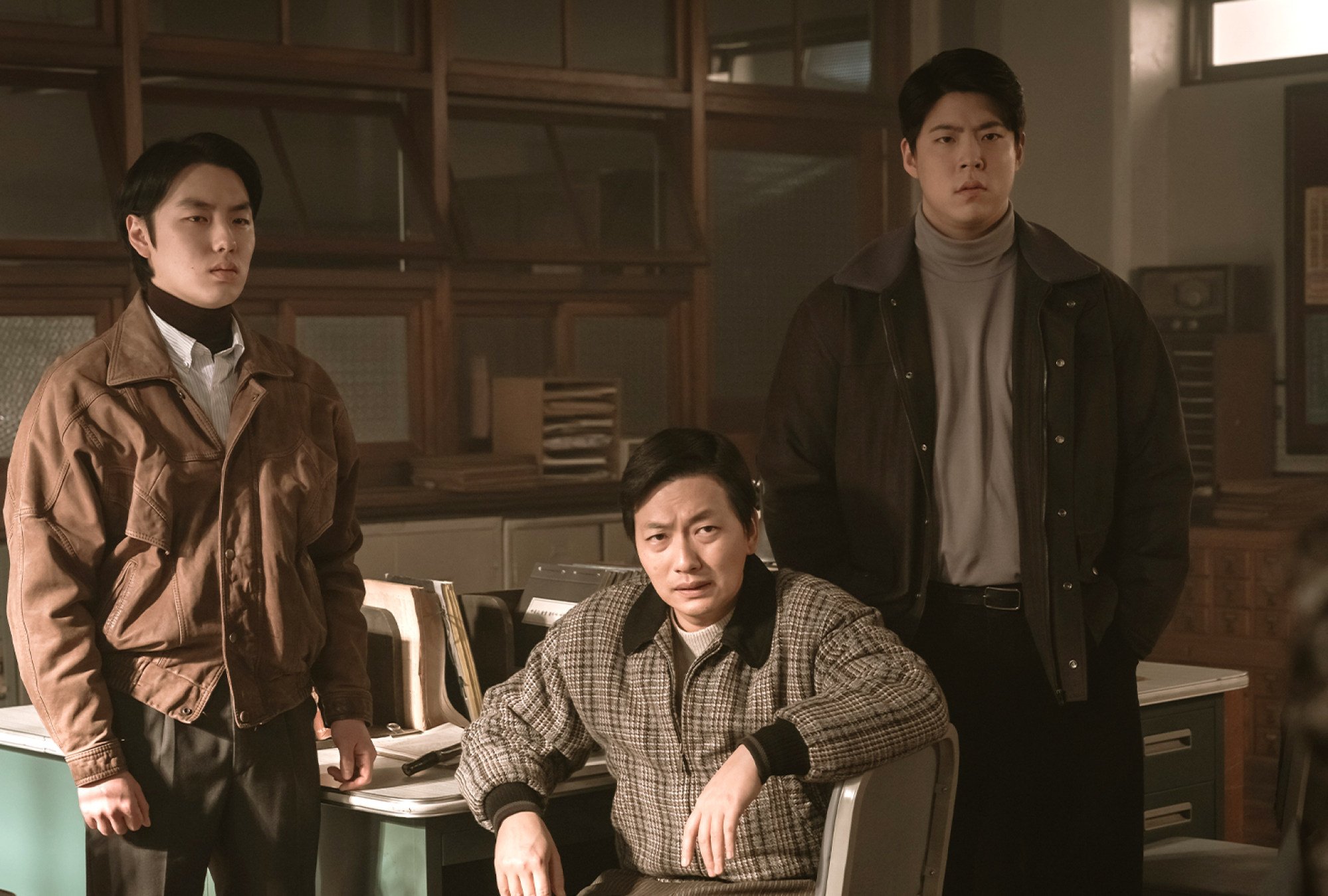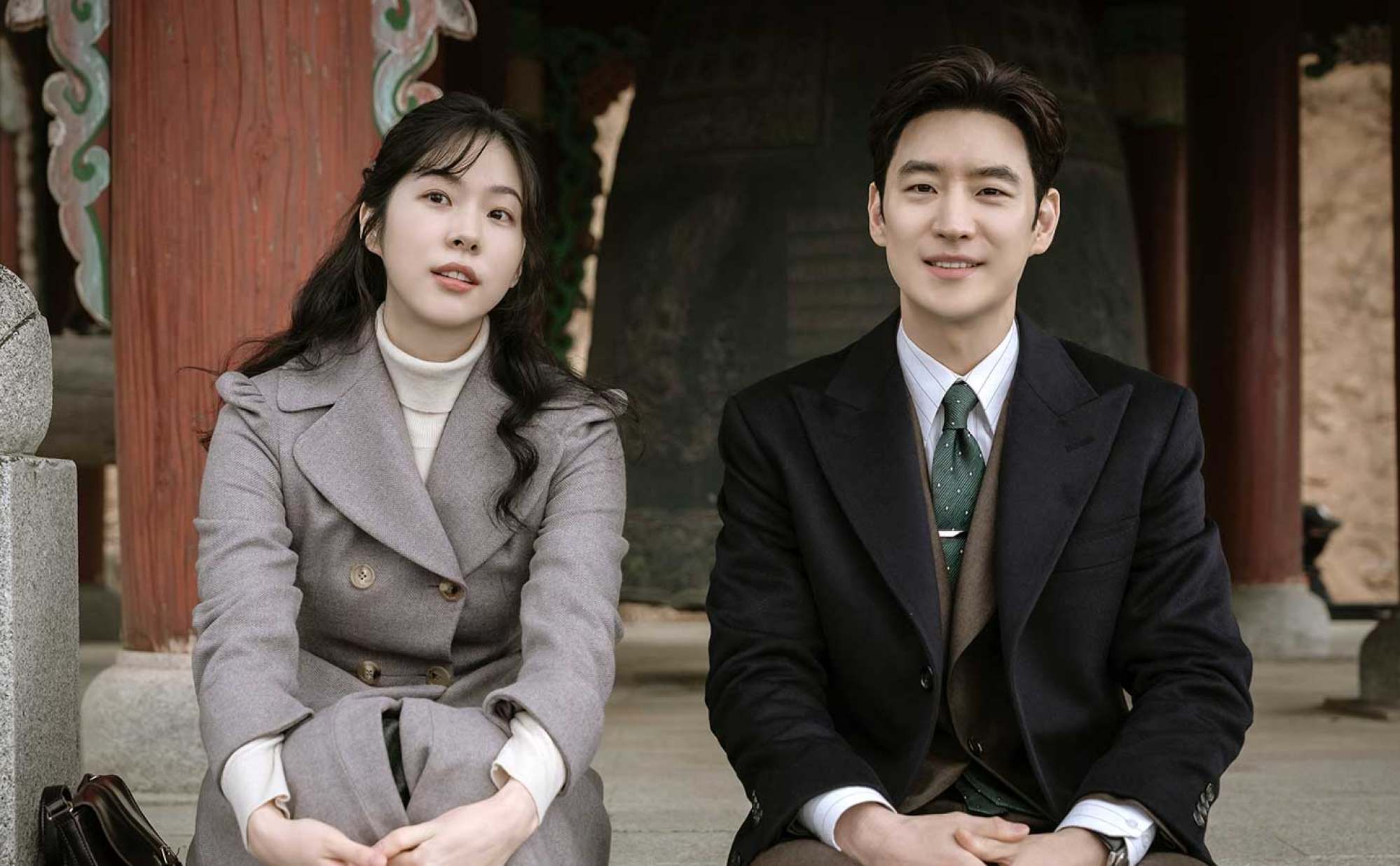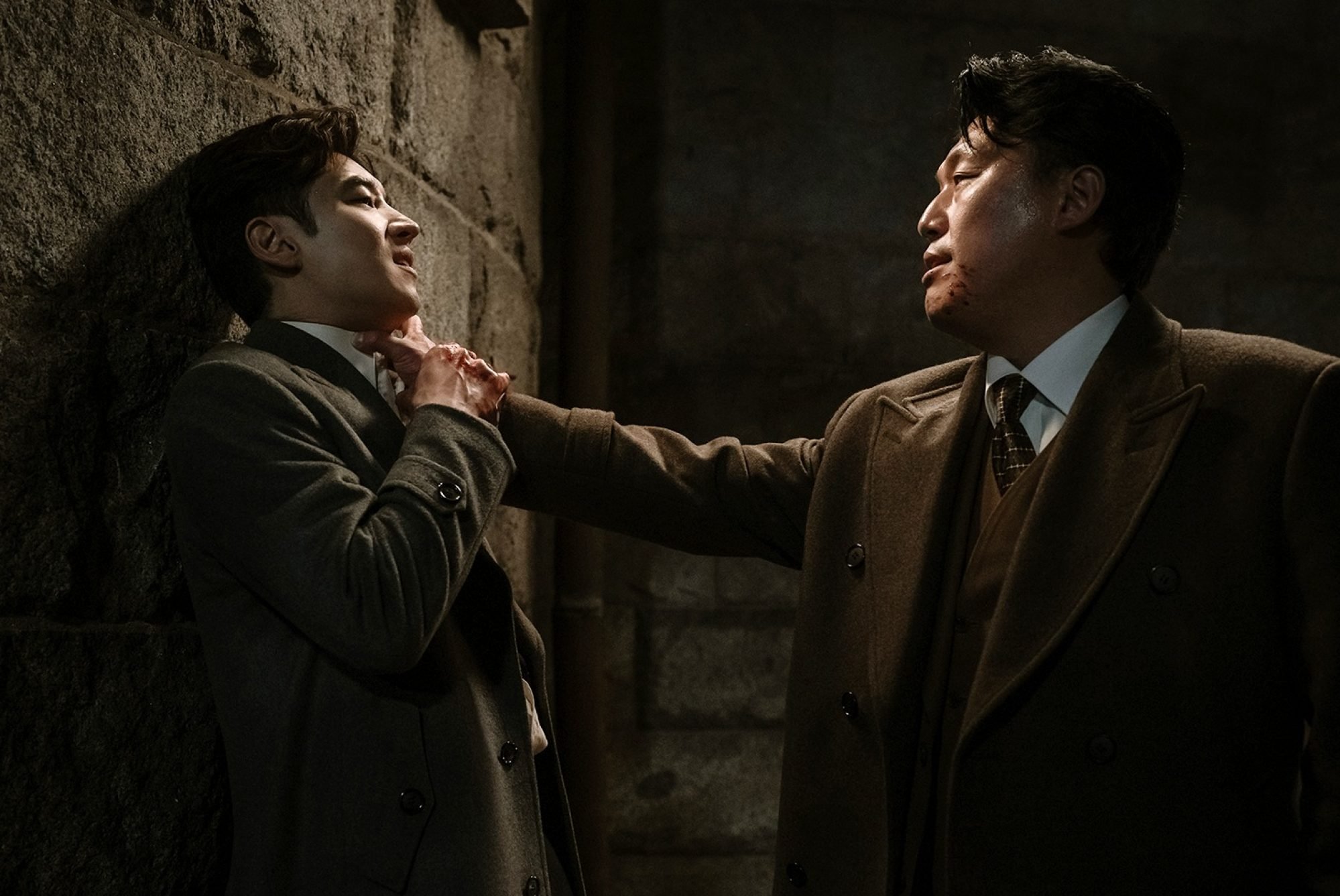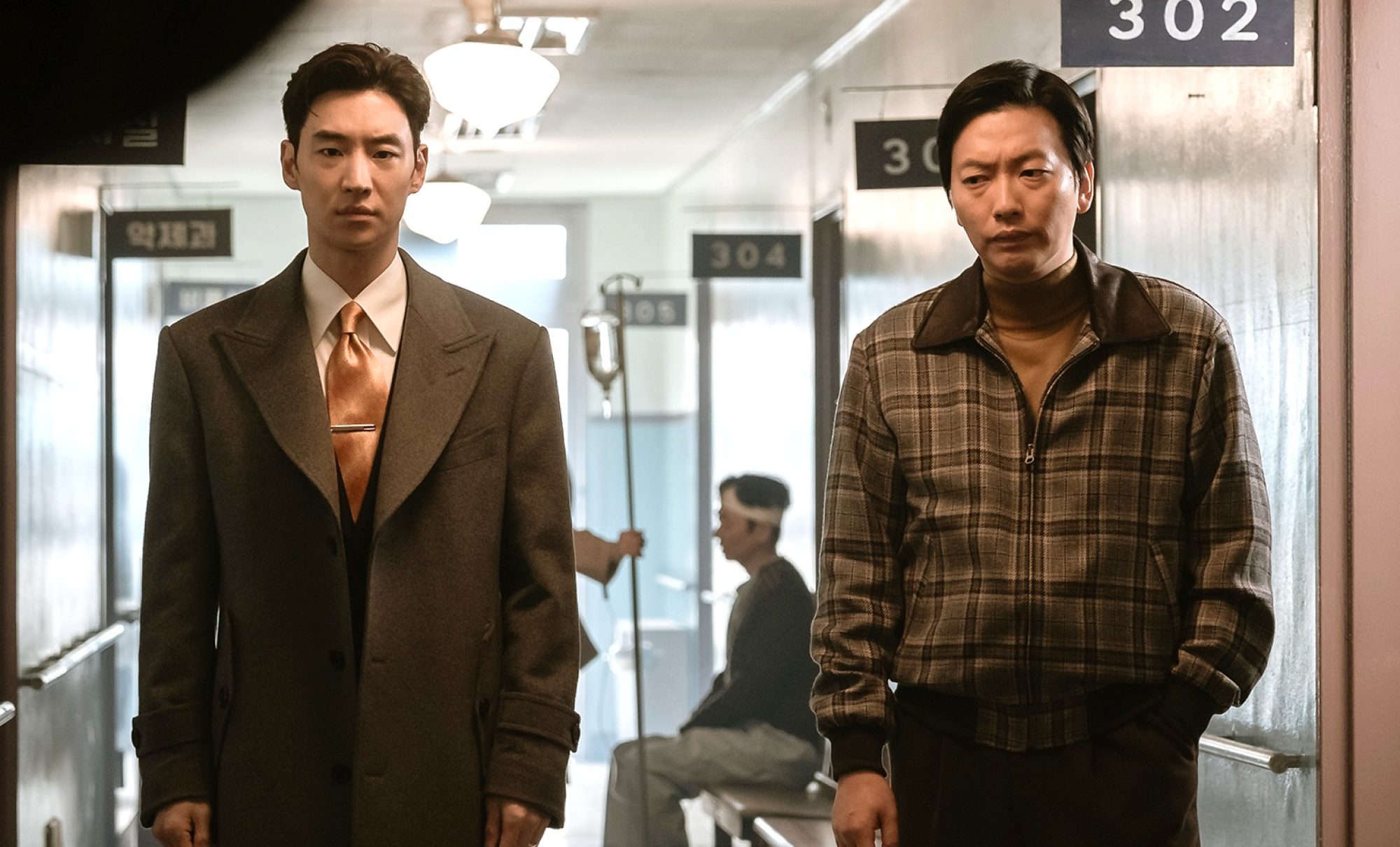
Review | Disney+ K-drama review: Chief Detective 1958 – new spin on a Korean classic, starring Lee Je-hoon, is a bit too modern
- A prequel to the hit 1970s and 80s K-drama Chief Inspector, this series follows Detective Park Yeong-han (Lee Je-hoon) as he fights crime in Seoul in 1958
- The sets and costumes evoke the era, but the plots focus on ‘modern’ crimes, ignoring historic events happening in the nation at that time
This article contains spoilers.
2.5/5 stars
Lead cast: Lee Je-hoon, Lee Dong-hwi, Choi Woo-sung, Yoon Hyun-soo
Latest Nielsen rating: 10.6 per cent
There’s enough money invested in Chief Detective 1958, the period prequel to the beloved Korean police procedural drama Chief Inspector (1971 to 1989), to make it look as though we have been transported back more than half a century in time.
The costumes of the day are lovingly recreated, while the earthy tones of the dusty streets and the production design evoke a bygone era.
For all its production detail, however, the series relies so heavily on modern narrative tropes that it never truly feels like we have been dropped into post-Korean war Seoul.
Props and fashion aside, Detective Park Yeong-han (Lee Je-hoon) and his cohorts work in a wide-open office that looks remarkably similar to the detective units of modern procedurals, among them Signal, one of Lee’s signature dramas.
The crimes they deal with are also very recognisable to a modern audience. Aside from the cow thieves that Yeong-han apprehends in the countryside before transferring to the big city, many of his cases could have happened in any investigative series set in the present day.
In one episode, four dastardly sons of high-society bigwigs form a clique in an old-fashioned hostess bar where they terrorise women, eventually killing one of them.

In another, Yeong-han and his companions tackle a case of stock market manipulation. While the episode postscript makes clear that this was inspired by real events, it is hard to imagine that any working-class citizens in 1950s Korea were trading stocks.
While familiar and simplistic, these cases are fine when judged on their own merits, but as a whole they make the series feel like a wasted opportunity.
The late 1950s was a complicated era of rapid social and political change that is rarely depicted in South Korean media, and for viewers curious about the times, Chief Detective 1958 is the wrong place to look.
Granted, setting a story in a particular era does not come with an obligation to engage with the history of that time in a meaningful way, but recent successes on the big and small screen are evidence that Korean viewers want to engage with their troubled modern history.

After a few episodes, Yeong-han gets married to his sweetheart Lee Hye-ju (Seo Eun-soo) and soon Chief Detective 1958 skips ahead a few years to the early 1960s, without ever making any mention of Park Chung-hee, the dictator who swept to power through a coup in May 1961.
This is particularly odd given that the show ends with the squad celebrating when the radio announces the execution of the villain. This takes place in 1962 at the beginning of a dark new era for South Korea, during which the executive branch wielded enormous power and police officers were known for torturing political dissidents.
Given that the detective characters of the series end the season on a high note without any mention of other political troubles, this gives the finale a bitter taste, whether intentional or not.

The makers of Chief Detective 1958 may not have been interested in exploring Korea’s historical past, but were keen to mine its connection to the Chief Detective series, a Korean cultural milestone.
After the case involving the show’s big villain – the corrupt senior superintendent Baek Do-seok (Kim Min-jae) – comes to a close, Yeong-han gets promoted from detective to chief inspector, while Hye-ju gifts him the signature beige jacket that the iconic character wears in Chief Detective, which is set 10 years later.
While this prequel series never truly broke out during what has been a busy spring for K-dramas, it managed to maintain steady ratings on MBC following its solid start, in part buoyed by the show’s nostalgia factor and its appealing cast.

It is perhaps a sign of the times that the more we stretch back into the past, the farther we get from what used to entertain us.
Chief Detective 1958 is streaming on Disney+.

